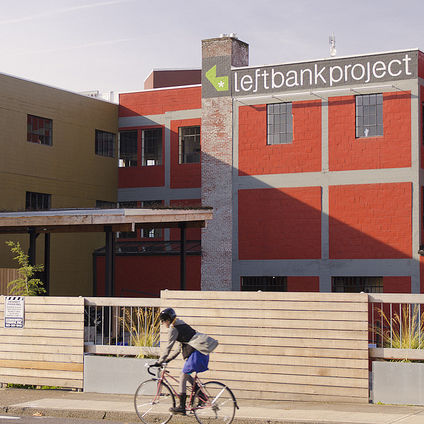Who Let the Doge Out?

Developed in 2013 by Portland programmer Billy Markus, Dogecoin (dohj-coin) is the whimsical sibling to Bitcoin. Like Bitcoin, Dogecoin is a virtual, nationless currency for online transactions. This Portland invention, however, is much more playful: the name honors Doge, the knowing Shiba-dog Web meme often depicted uttering nonsensical exclamations like “Such wow!” The currency’s followers (“shibes”) are as likely to give out Dogecoins for successful online jokes as to buy actual things. Still, just over a year after its launch, more than 100 billion Dogecoins are in circulation online.
Like Bitcoins, Dogecoins are created by “mining”: tasking a computer to solve long, repetitive math problems. Solve enough problems, you get a “block” of Dogecoins. Easy enough, right? We found out.
HOUR 1: Download the free Dogecoin app onto my iMac at work. The app will be my electronic “wallet” to hold my virtual loot.
HOUR 3: After a couple of hours of reading instructions, I click “Dig.” Little do my bosses know, I think: I’m a few hours away from doubling my paycheck.
HOUR 9: It’s early evening, and I have .001 Ð! Such rich! One thing worries me: my computer is heating up, and with the mining app running in the background, the system is so slow it’s unusable.
DAY 2: My work computer’s clearly not up to the task, so I install the Dogecoin app at home.
DAY 4: My computer has been on for two days, mining nonstop. I have 0.5 Ð! Still, the fan trying to cool my tower has also been running at full speed. I start wondering whether I can pay my increased electricity bill with my new Dogecoins.
DAY 5: Enough solo drudgery. I join an online mining pool, which shares tasks among a networked group of computers. The pool awards each miner a share of the coins generated.
DAY 7: Twelve Dogecoins! Some serious scratch! I check the exchange rate online. That’s $0.0036. A few more weeks and I might crack a nickel. Journalism begins to look more and more lucrative.


















